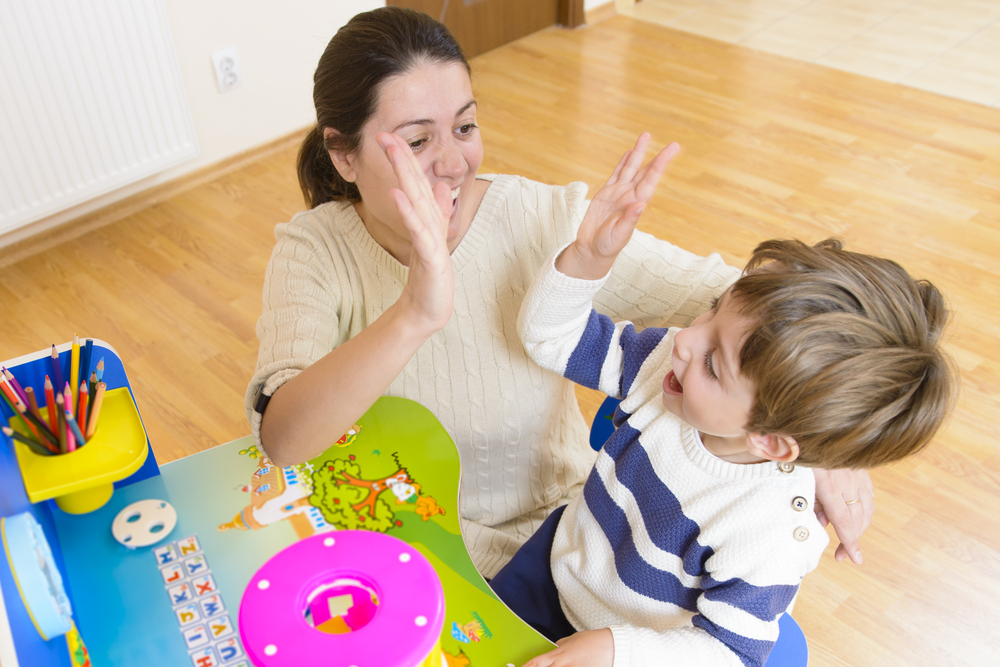Early childhood learning centres aren’t just places for kids to ‘hang out’ during the day. Whilst they do provide opportunity for children to engage in free play, centres are also tasked with providing a full educational experience, which includes developing social skills and appropriate behaviour management. Ideally, educators and facilitators will also work together with families and caregivers to positively direct and develop a child’s overall education, including their behaviour.
A key aspect of education is learning the skills needed to positively self-manage and direct behaviour, and this starts in early childhood. Strategies to assist a child in this development form an important part of the educational process.
Children who play and learn in a positively based environment are less likely to display inappropriate behaviour. Implementing guidance strategies can also assist children, some of whom may struggle with behaviour management, to learn appropriate skills and better manage their own behaviour.
There are a number of ways in which these strategies are implemented in the early learning curriculum. They may include but are not limited to:
- Flexibility in Routine – Conversely, children seem to thrive when they are given a suitable balance between variety and sameness. At a young age, a routine provides emotional security – yet children also enjoy the unexpected. Employing a general routine throughout the day (ie morning tea/recess/lunch/play time/rest times etc), but allowing for flexibility within this routine (ie play time at the same time every day but varied as to type), gives a child opportunity to develop and adjust but within safe emotional parameters.
- Active and Engaged Activities – Children are less likely to display behaviour that is difficult or challenging if they are engaged and physically active. It’s important to provide activities and age appropriate equipment, as well as opportunities for outdoor play (see our article on outdoor play). Ensure equipment is set up to allow for different abilities and interests and also that there’s opportunity for solitary play and/or group play. Keeping a child interested and engaged helps deal with boredom and frustration, which can often be at the root of challenging behaviour.
- Rest and Quiet Times – Children are busy little beavers and seemingly always on the go, but there’s always the possibility of overstimulation and exhaustion, both physical and mental. Providing adequate times for resting is essential for small children. Rest may include nap times, although some children may just need ‘quiet time’, rather than sleep.
- Positive Reinforcement – Using positively based behaviour guidance, including working closely with families and caregivers, assists children in developing self-management skills in behaviour modification and management. Strategies may include positive acknowledgment of sound choices or behaviours, encouragement during challenging tasks or situations, assistance in problem solving, redirection to more acceptable behaviours, and clear explanations of behavioural consequences and impacts, which help children understand the impact their choices may have.
- Adequate Diet and Nutrition – A child’s behaviour is often, although not always, closely linked to their diet and nutrition. Hungry or nutritionally deficient children can be cranky children, so ensuring plenty of time in the curriculum for food breaks and adequate hydration is essential. Open discussion at the centre, combined with dialogue with families about beneficial food choices, will also assist in ensuring children are receiving adequate nutrition to meet their daily requirements.

